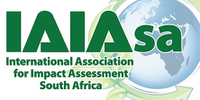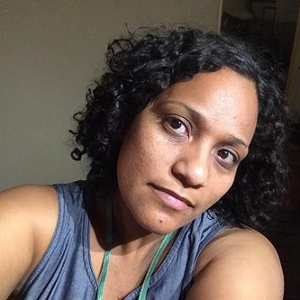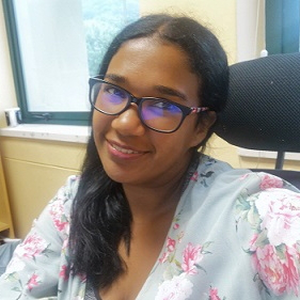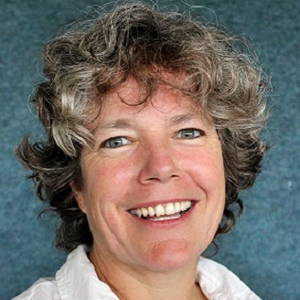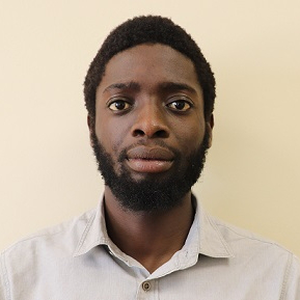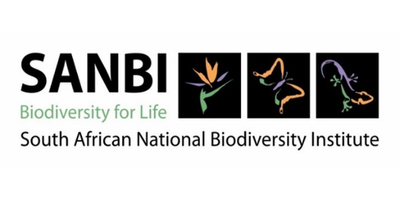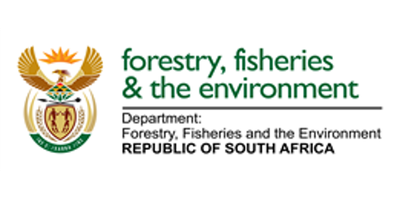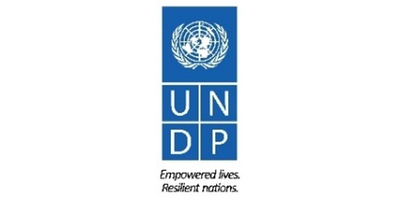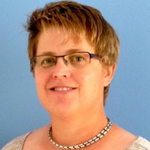https://www.resilience-advice.co.za/Warrick Stewart is a Principal Environmental Advisor and the Managing Director of Resilience Environmental Advice based in South Africa. Warrick holds a Bachelor of Science (BSc) degree in Botany and Zoology, a BSc Honours degree in ecology and environmental management, a Master’s Degree in Botany (systematic biodiversity planning), and is a registered Professional Natural Scientist (400010/09). Warrick is a qualified Bonsucro, AWS, GEO, IRMA and ISO 14001:2015 Lead Auditor. He is also a qualified High Conservation Value (HCV) Lead Assessor.
For more than 20 years he has led or acted as the reviewer for: numerous sustainability certification audits; sustainability standard review; due diligence; environmental and social impact and risk assessment and management; water management; policy, strategy, and planning; biodiversity assessment and management; climate change adaptation; coastal zone management; and training and capacity building projects and programmes. His experience has been gained in Botswana, the Democratic Republic of Congo, Egypt, Ghana, Greece, Kazakhstan, Kenya, Lesotho, Malawi, Mauritius, Mozambique, Namibia, Romania, Sierra Leone, South Africa, Suriname, Swaziland, Tanzania, Turkey, Zambia and Zimbabwe. Warrick has worked extensively in the agriculture, water, biodiversity conservation, energy, mining, land use planning, infrastructure and industrial sectors for and in consultation with public, private and non-profit clients, partners and various stakeholders at local, regional, national and international levels.
Key assignments have included: Technical lead for content review of IRMA Standard and Mine Self-Assessment Tool, development of means of verification for the Standard, and co-developer of IRMA’s training materials for auditors during 2019; Lead auditor for the first certification audit internationally against the IRMA Standard in 2019; Leading the first country-level assessment and delineation of Key Biodiversity Areas (KBAs) in the world for South Africa during 2019 and 2020; Co-developer of a customised integrated mine closure framework plan for Alcoa and Suralco for their 80,000 ha concessions in Suriname that was formally adopted by the Government of Suriname, including numerous subsequent conceptual and site-specific closure plans based on the framework and a world-first forest rehabilitation index and associated restoration trajectories.
